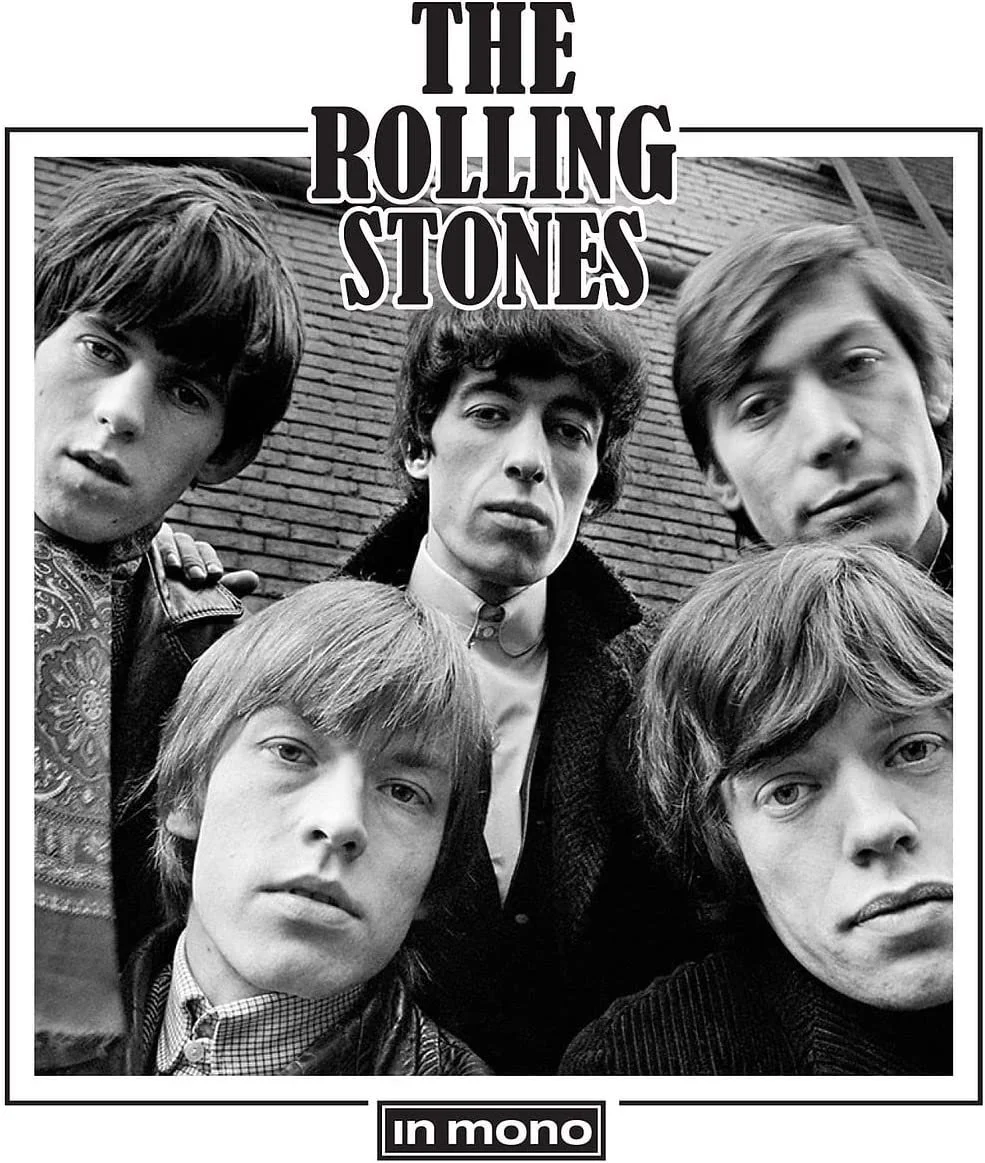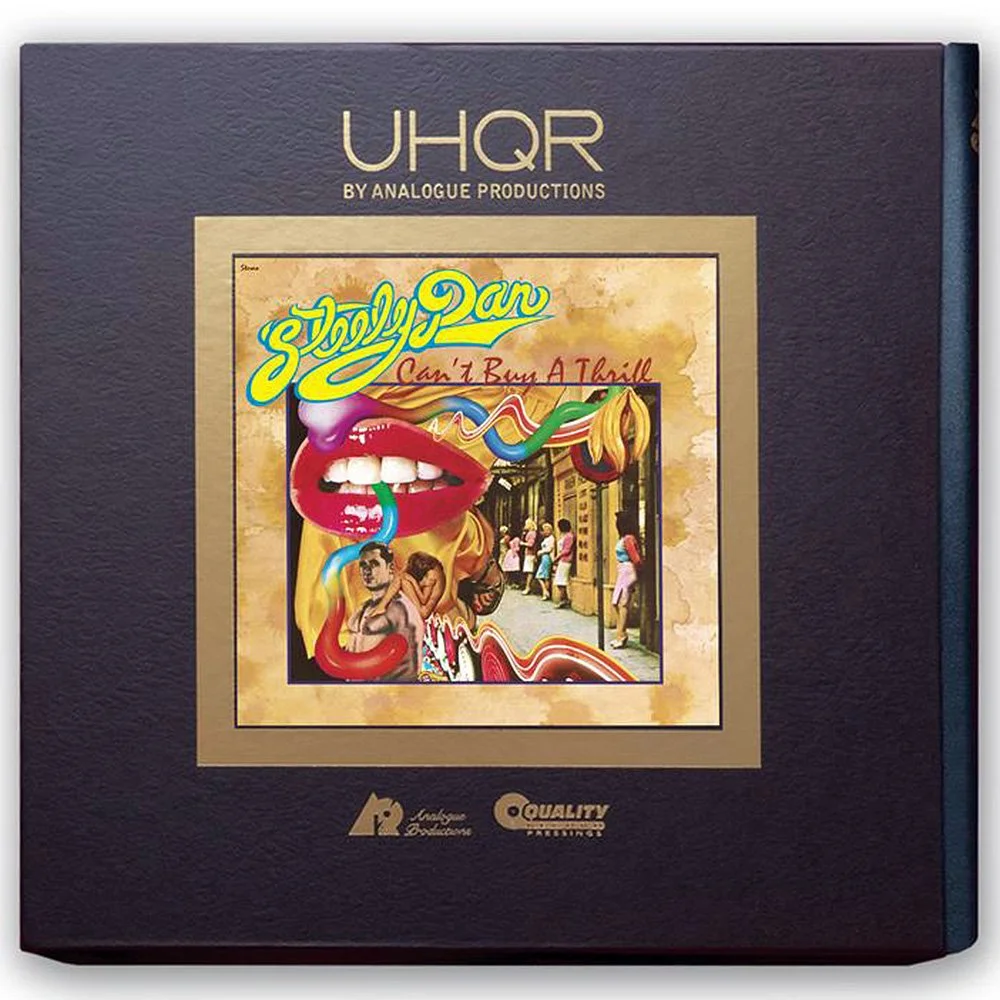Emerson String Quartet— The New Complete Recordings on Deutsche Grammophon
This is the “New Complete Recordings" box from DG and the Emerson String Quartet, not to be confused with the “Complete Edition” box set from 2016. This new set, to celebrate the group’s farewell tour concerts in 2023, added two recordings including the double album "The New York Concert" with Evgeny Kissin and the 2017 recording "Chaconnes and Fantasias—The Music of Britten and Purcell". New, updated liner notes and photographs, too. The booklet including detailed CD information is excellent.
These are all the original recordings from the Emerson DG discography—no remastering. As the recordings are so good, no need really, and we get to buy the box at a cheaper price. The printing and presentation of this new box are first-class. The box is easy to open and navigate.
The 55 CD set, released on 01/13/2023 sells for around €121.
The Emerson String Quartet needs no introduction. They’ve been at the forefront of string quartet performance for over forty years and formed like another fabulous American string quartet (Juilliard Quartet) while students at Juilliard. They echo their famous predecessor, with crackerjack technique, flawless intonation and beautiful interpretations. Most definitely a Juilliard product.
The new set includes all the famous quartets plus some of the eminent Emerson commissions (Gunther Schuller String Quartet No. 3 (1986) CD 17; Richard Wernick String Quartet No. 4 (1991) CD 17; Ned Rorem String Quartet No. 4 (1994) CD 28; Edgar Meyer String Quintet for String Quartet and Double Bass (1995) CD 28). The recordings and performances are so consistent, if you are waiting to buy only one quartet box set, this new one fits the bill. In my estimation, only the equally sensational Alban Berg Quartett box set matches it. It’s not happenstance that both quartets are technically and musically at the top of the heap, the ABQ in the ‘70s, ‘80s and ‘90s, and the Emersons from the ‘80s to the present.
You can read my personal listing of the great quartet ensembles here. After my Emerson complete box initiation, I would place the Emersons way higher than my original 9th position (these lists are silly but fun).
The Emersons set up a little differently than most quartets. The violinists switch roles as necessary, so Eugene Drucker will take the lead role on certain works and then change chairs with Philip Setzer. I dare you to try and hear the difference. Their playing is so consistently brilliant.
Like all successful quartets, the group’s membership has been remarkably stable, with only cellist David Finckel leaving in 2013, replaced by another superb cellist, Paul Watkins.
I had not heard a lot from the Emersons prior to hearing this set. What I had heard was mightily impressive. Only in the last few years, I’ve been reading some less than favourable live concert reviews after a long forty years of gigs. Live recording or not, and no matter the era, you won’t hear dodgy intonation or interpretative weakness in this set.
The box, however, did not get off to an auspicious start.
One of the characteristics I read about in the early days was aggressiveness which could undermine the quartet’s corporate sound. The opening CD 1 has “Death and the Maiden” and Beethoven's “Serioso” quartet as their 1987 debut DG. Recorded in the generally favourable Troy Concert Hall, the dramatic opening of the Schubert and some heavy unison down bows in the Beethoven were very aggressive and, maybe, the DG engineers had yet to understand the best mic placement. No worries, though. From CD2 on to 55, it’s musical and recording plain sailing. Nothing but ultra-musical sounds. Phew, no Amazon return necessary.
L to R: Philip Setzer, violin, Lawrence Dutton, viola, Eugene Drucker, violin, David Finckel, cello (‘till 2013).
I’ll cherry-pick some gems to start. The list will be long and comprehensive. As such, you can take any of my recommendations as a top choice for that particular repertoire. Other than the initial aggression, the Emersons don’t put a technical or musical step wrong.
The one very musical effect they use is the ability to change collective timbres on a dime. I don’t hear that often in recordings. When I first heard it in the opening of the Debussy String Quartet in G minor (CD 4, coupled with the Ravel String Quartet in F Major) I was surprised and delighted.
We get the top-notch Emersons from CD 2 on, beginning with The 6 String Quartets of Béla Bartók. They are thorny, craggy, direct performances in perfect style with flawless intonation. And after the ubiquitous Debussy/Ravel pairing, you’ll hear lots of wonderful Tchaikovsky, Borodin, Schumann, Brahms and the great quartets by Bedřich Smetana (“From My Life”) and Antonín Dvořák (“American”). All were played with great flair by the group.
For me, string quartets begin and end with Beethoven. I noticed the group, in its seminal 1994 Beethoven cycle (CD 21 through 27), re-recorded the earlier Serioso (Op. 95). Here we have the group’s famous 1994 cycle. We get a consistency of tone, interpretations, and incredible playing with a wide dynamic range. No more super aggressive down bows, but lots of drama. And technique to die for.
…with cellist Paul Watkins (from 2103)
No matter the early, middle or late quartets, you will find much thought invested into each performance; the cycle was recorded over a one and half year period. Most international quartets have recorded a cycle. The young Miro Quartet has a good one but I’m drawn to another young group, the Dover String Quartet on Cedille Records—a tremendous cycle. My other favourite is ABQ’s million-seller, earlier studio set. Equally wonderful. However, are you waiting to buy one cycle? The Emersons would do great justice to your first set.
Yes, they include the snooze fest Grosse Fuge and, for me, another snoozy fest, Bach’s The Art of Fugue (CD 37).
The central quartet repertoire is covered comprehensively (lots of Mozart, Schubert and Haydn, not forgetting some Brahms) with the addition of cycles of quartets by Mendelssohn (including a multi-tracked Octet for Strings in E flat major) and Shostakovich. Fans wax rhapsodic over Shostakovich’s quartets; I’m not a fan, but the playing is superb. The Mendelssohn cycle could well be called definitive. Brilliant playing.
The Emerson String Quartet includes quartets by Janáček, Barber, Ives, Grieg, Sibelius, Webern and Berg, a CD of encores and the aforementioned 2 extra CDs not included in the 2016 set.
The collaborations are uniformly fine, especially Carol Wincenc’s Mozart Flute Quartets (I’ve never heard the venerable Juilliard professor play so magnificently) (CD 10), the fabulous Menahem Pressler joins them for piano quartets and quintets by Dvorak, Schumann and Leon Fleisher for the Brahms famous F minor Quintet. New Yorker clarinettist David Shifrin puts in a solid shift with the Brahms and Mozart clarinet Quintets.
Much like the ABQ large box, you can “lucky dip” into the DG box and press play and listen to a glorious performance of a superb recording representing the finest in string quartet playing. An absolute winner and my highest recommendation. Get it now before it’s sold out and the price goes up x4 or more.







